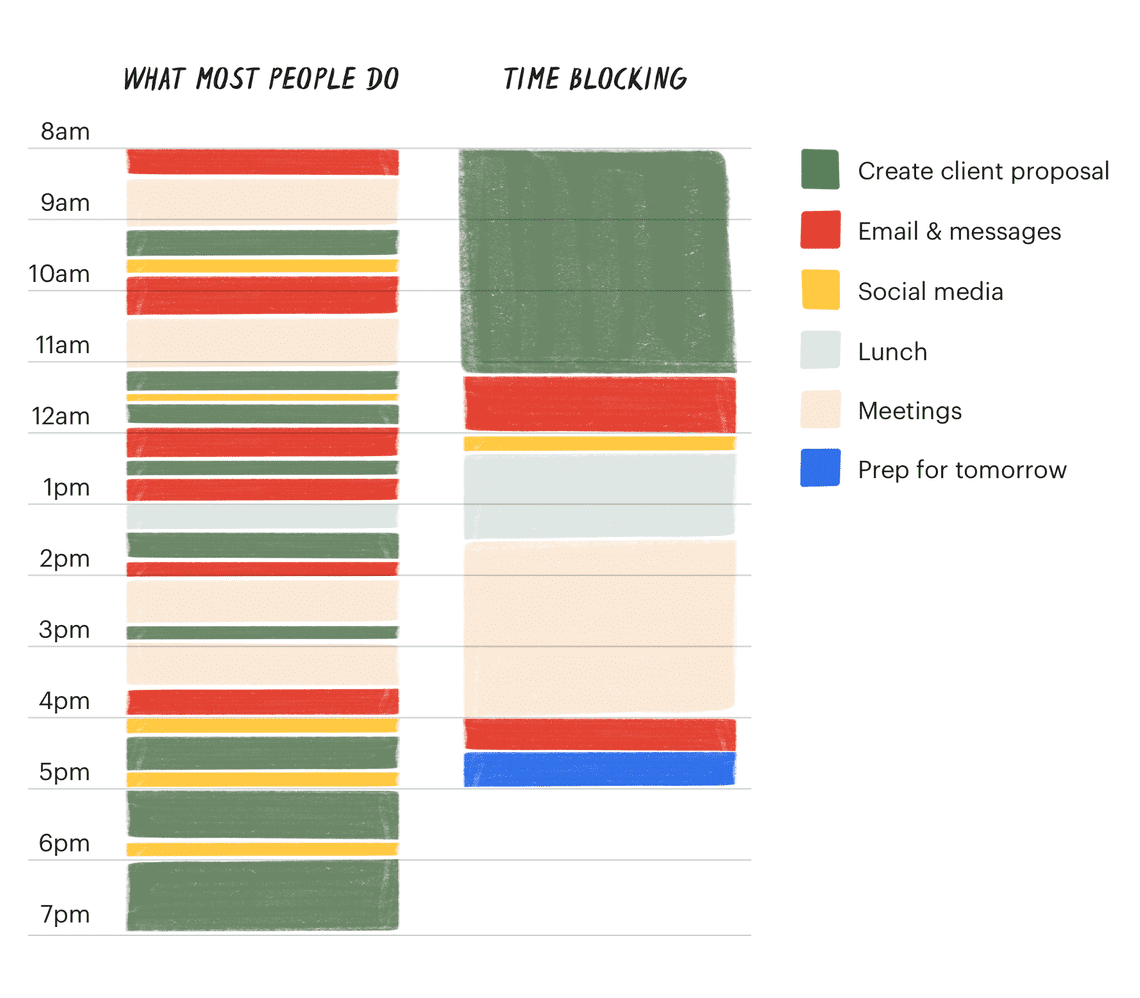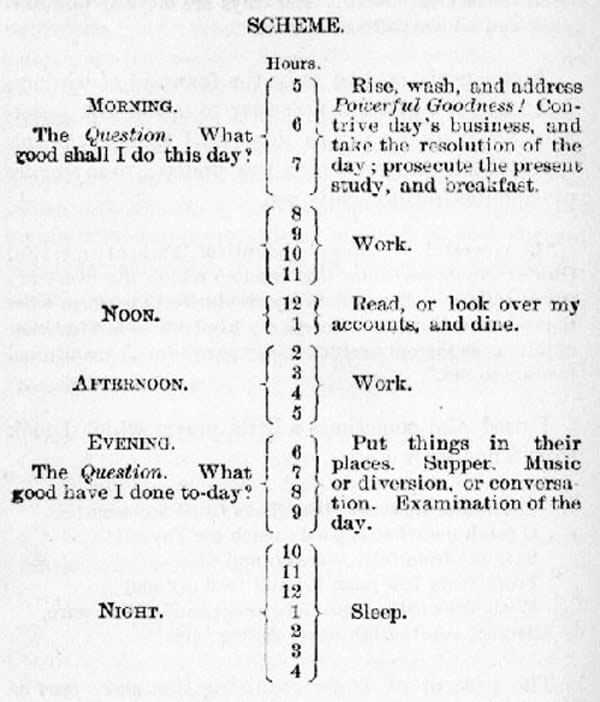Basics of Journaling
Oct 1st 2020We are often told to start a journal. Journaling is a meditative activity helpful for self-analysis and task scheduling. It is one of the best ways to beat procrastination. Often, keeping a journal is essential to keep track of your activities and goals. In this article, we will analyze how you can start your own journal.
Task Journaling
When you are working on a project it is easy to feel overwhelmed. When this happens, break down the task into smaller manageable pieces. Write all of them down. Look at the list that you have compiled and do the same for every individual task. When you have broken each task into smaller ones, pick the smallest and easiest one. Cross out the task every time you complete it. You will soon find out that doing this makes even big tasks easy and manageable. You clearly see the progress you make.
If you have a lot of activities to complete, prioritize them first. Without prioritizing what tasks to do you will end up overwhelmed again. Use the same task journaling system for each individual task and complete them one by one.
After you start working on your task, try to keep distractions to a minimum. Use the same journal to write down anything that comes to your mind that is not work-related. If you want to check out a video or chat with a friend, write that down. You can look back on the list later and remember what you wanted to do at the moment.
Mindset Journaling
Every day after you wake up you can use your journal to identify specific mindsets and goals. At first, you can start with one task per day and then slowly expand. When you feel comfortable with writing down goals, you can move up to weekly and monthly planning.
- What do you want to do today? Write down the goals for the day and try your best to complete them. Your time is limited, there you can only do limited things. Focus on the major tasks that are the most important in your life.
- Is there anything on your mind? Any thoughts that are leftover from the previous day, any anxiety or stress, write them down. When you do this, you free your mind from thinking about it during the day. Rationalizing your emotions is one of the best ways to deal with them.
Weekly Self Reflection
Write down what you accomplished and failed to accomplish at the end of each week. You can analyze your success and failure to better understand what does and does not work for you. This is especially helpful when you are struggling with a drastic change. Think about where you are in pursuit of your goals and where you need to be. Analyze your shortcomings and make a plan that works through or around them. Everybody is different. A thing that works for one man might not work for another. Know thy self.
Time Scheduling
The best way to schedule your time is by using a technique that is called “time blocking”. Instead of writing down a to-do list, you block out times of the day when you are going to complete a set of tasks. The image below comes from todoist. It illustrating how time blocking differs from regular scheduling.
They have an in-depth article about Time Blocking that you can read here. Personally, I found time blocking to be the most efficient method of scheduling. But you do not have to take my word for it, Benjamin Franklin himself used a similar schedule with great success.
We will take a deeper look into different scheduling methods in the future. In the meantime, it is best to just start a journal. Nothing will help you like experimentation. Try out different things, see which one works. As long as you follow the general principles, you are sure to find something that will work for you.



